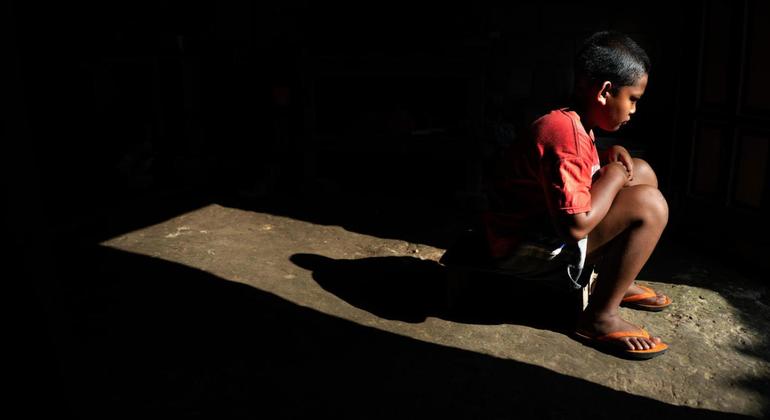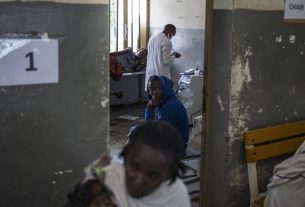In his message marking World Mental Health Day on Tuesday 10 October, the UN chief underlined that mental health is vital to humanity, allowing us to lead fulfilling lives and contribute positively to our communities.
One in eight people globally lives with a mental health condition, with women and young people impacted the most. Many face stigma and discrimination.
No good approach to mental health without human rights
Echoing that message of support, the World Health Organization (WHO) and the UN human rights office, (OHCHR) released a joint guidance on mental health, human rights and legislation. Their guide -“Mental health, human rights and legislation: guidance and practice” – aims to support countries to reform legislation in order to end human rights abuses and increase access to quality mental health care.
Key elements of this new approach include respecting people’s dignity and “empowering” them to lead full and healthy lives, said Tedros Adhanom Ghebreyesus, WHO Director-General. The ambition must also be to transform mental health services by taking a rights-based approach, said Volker Türk, UN High Commissioner for Human Rights.
Inequality
Echoing the need for radical change, the Special Rapporteur on the right to health, Tlaleng Mofokeng, called for new and innovative models of mental health policy where holistic support was the focus, along with tackling inequality of care.
While individuals can be genetically predisposed to mental health problems, the UN-appointed independent rights expert also noted that the persecution of individuals because of their gender identity, sexual orientation, religious affiliation, class position, migration status or disability negatively affected mental health “as a result of discrimination, social exclusion, marginalisation, criminalisation and exploitation”.
Special Rapporteurs are part of what is known as the Special Procedures of the Human Rights Council. Special Procedures is the general name of the Council’s independent fact-finding and monitoring mechanisms. Mandate-holders are independent human rights experts appointed by the Human Rights Council to address either specific country situations or thematic issues in all parts of the world. They are not UN staff and are independent from any government or organization. They serve in their individual capacity and do not receive a salary for their work.
World Mental Health Day is an opportunity for people and communities to unite behind the theme ‘Mental health is a universal human right’ to improve knowledge, raise awareness and drive actions that promote and protect everyone’s mental health as a basic human right.



